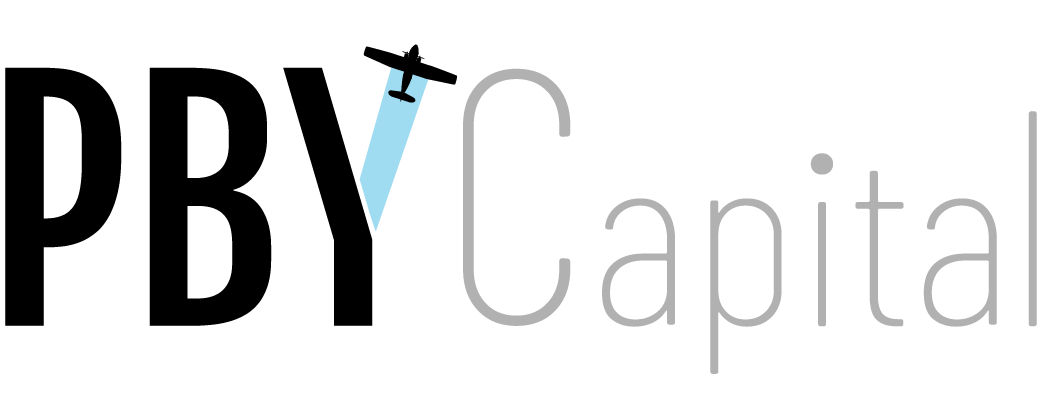What is a family office, anyway? We inadvertently stirred the pot
In November, we compiled a list of ‘multi-family offices’ in Canada. It started a worthy debate

Article content
A few months ago, we at Canadian Family Offices published The List, our roster of 78 firms that identify themselves as multi-family offices in Canada. As we had expected, it provoked some interesting debate as to what, exactly, is the definition of a family office in this country.
Canada isn’t the only place where this question is being asked. In mid-January, industry thought leader Edward V. Marshall, global head of the Dentons Family Office in New York City, published an article provocatively titled “There Is No Such Thing As a Family Office” for the U.S.-based UHNW Institute’s Family Wealth Report.
Failing a widely accepted definition, he posits that family offices may be “more accurately described as a mindset and methodology.”
Canadian Family Offices is going to be exploring this debate in a short series of articles starting today. In this instalment, we asked a few experts to parse the essential components of a multi-family office.
“I’ll admit that it’s very confusing. There are no set, universally agreed-upon standards,” says Tom McCullough, chairman and CEO of Toronto-based Northwood Family Office.
He notes that a few bodies, like the U.S.-based UHNW Institute, whose board he sits on, are working to develop standards and industry accreditations. He sees a time, perhaps “in 20 or 30 years,” when the integrated family office will be as well understood as the medical or legal profession.

Meanwhile, McCullough’s criteria are the four multi-family office standards created by the Family Wealth Alliance:
- Whom do they serve?
- What services do they offer?
- How do they deliver these services?
- What experience do these firms have?
First of all, “they serve the wealthy,” McCullough says. The Family Wealth Alliance defines the client base of multi-family offices (MFOs) as complex, often mutigenerational families with a net worth above US$30 million. This would rule out offices that manage affairs for numerous families of more modest means even if they also have one or two very wealthy clients.
As for the roster of services, McCullough points to the Ten Domains identified by the UHNW Institute (to be further discussed in another article). These range from financial and tax planning to trustee services, risk management, family governance and philanthropy.
It’s not necessary for every MFO to retain in-house staff for all these functions, but “whether it’s in-house or not, the role of the family office is to be knowledgeable in all of these areas,” he says, making the comparison to a general contractor in the construction industry, which coordinates the work of many specialists.
“It’s the clients we have to think of, not the business model of the firms,” says Jim Grubman, owner of Family Wealth Consulting in Boston, who also sits on the UHNW Institute board. He says that when a firm inaccurately brands itself as an MFO for the prestige value of the label, it serves the firm but not the client.

He distinguishes a genuine MFO according to two criteria above all. First is that it targets those UHNW clients with a net worth of at least US$30 million. This level of wealth is “not just quantitively more than, for example, $10 million; it is qualitatively different in complexity,” Grubman explains.
“It’s what distinguishes the skill of people who work in true family offices, because they know how to help people working at that level of complexity. Are you working with advisors who are stretching to be able to understand your complexity, or with advisors whose bread and butter is only at the level of families like yourself?
“You can get to $2 billion AUM [assets under management] based on a multitude of HNW clients and just a handful of UHNW clients, but that’s not an MFO.”
But the real issue is whether a firm offers integrated services, not just asset management, he says. “Not all RIAs (registered investment advisors) are true MFOs offering integrated services, which is becoming the norm for the future.”
These integrated services should have both breadth and depth.
“Most of the people in the field who want to see the term ‘multi-family office’ have some rigour to it believe you must be able to offer the full range of services in the Ten Domains across the lifetime of the families that you serve,” says Grubman. “Not all families will need all domains at all times, so the MFO may be, with a particular client at a particular time, helping them with four or five of the domains. If you follow a family over a generation or two – which is the hope for MFOs – the family will need all 10 over a long stretch of time,” he says,
In order to tailor service offerings to the clients’ needs, “some firms do maintain experts in-house, but we are also looking at what you might call a hub-and-spoke model, where the MFO serves as a hub that integrates services. They have strategic partnerships with experts, who are the spokes, and they utilize these outside experts as needed.”
The reason one family office may not look like another is that each one is designed to meet the unique needs and objectives of one family, says Mindy Mayman, chief compliance officer, portfolio manager and partner with Richter Family Office in Montreal.

“Where I think the confusion comes from is that firms in the multi-family-office space are frequently structured around the investment or management function. Few multi-family offices in Canada provide the breadth of services that many single offices provide.”
This leads to a proliferation of models such as those described above that evolve to round out a complete service offering.
Mayman also explains why some people maintain that a true MFO does not sell its own investment products. Whereas it may be worthwhile for someone of modest means to rely on a financial institution to recommend its own cookie-cutter investment opportunities, “when you have more money, you need some way to evaluate those opportunities in an independent way with someone who is aligned with you and finding the best investments for you.”
The other area that differentiates an MFO from a standard financial institution is that “one of the roles of the family office is not just to ensure that opportunities are explored, but that they are followed through,” she says.
Although the MFO sector is growing, “this is a nascent space in Canada,” says Mayman.
“Does a family office exist? Yes. The fact that no two look the same doesn’t mean it doesn’t exist.”
Please visit here to see information about our standards of journalistic excellence.

